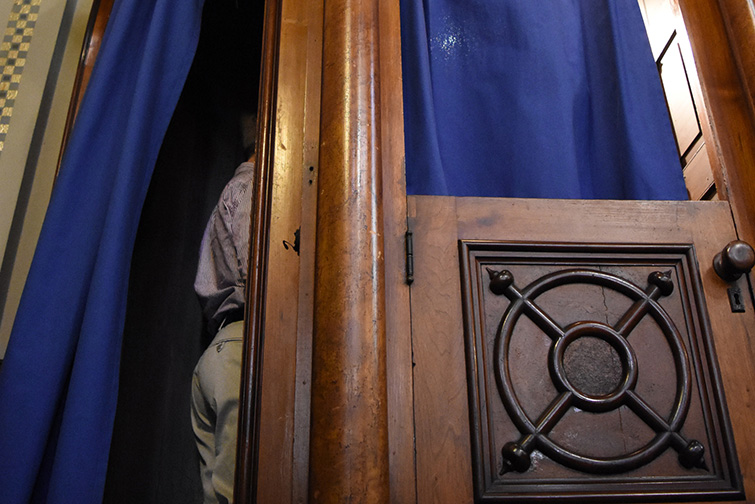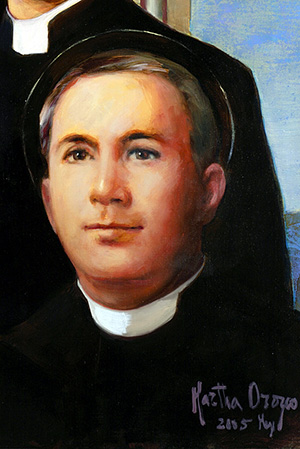

SACRAMENTO, Calif. (CNS) — Under California state Democratic Sen. Jerry Hill’s new bill, Catholic priests would be required to report to civil authorities if they learn in Confession that a penitent has sexually abused someone.
Current state law, the Child Abuse and Neglect Reporting Act, “makes certain persons, including clergy, mandated reporters.” When clergy and other individuals, like therapists — acting “within their professional capacity, or within the scope of their employment” — have reason to believe someone is the victim of child abuse or neglect, the law says they are required to report it to the appropriate civil authorities.
This law makes an exception if clergy learn of abuse or neglect “during a penitential communication.”
Hill’s measure, “Removing Clergy Exemption from Child Abuse and Neglect Reporting,” would delete that exception and require clergy to report what they hear in Confession as it relates to abuse or risk violating the law.
“Inserting government into the confessional does nothing to protect children and everything to erode the fundamental constitutional rights and liberties we enjoy as Americans,” Steve Pehanich, director of communications and advocacy for the California Catholic Conference, told the Los Angeles Times.

Hill said in a statement that there should be “no exceptions, period,” claiming that “the exemption for clergy only protects the abuser and places children at further risk.”
According to a Fox News report several other states already require priests to report child sexual abuse to law enforcement “no matter how they learn of it”: Connecticut, Indiana, Mississippi, Nebraska, New Hampshire, New Jersey, North Carolina, Oklahoma, Rhode Island, Tennessee, Texas and West Virginia.
There is a history of priests being martyred for refusing to break the seal of Confession throughout the world. In a modern example, Fr. Mateo Correa Magallanes agreed to hear the confessions of a group of people who were to be shot during Mexico’s Cristero Rebellion. After Fr. Mateo finished administering the sacrament, the executing general then demanded that the priest reveal what he had heard. Fr. Mateo responded with a resounding “no” and was executed on Feb. 6, 1927. He was canonized by Pope St. John Paul II on May 21, 2000.





